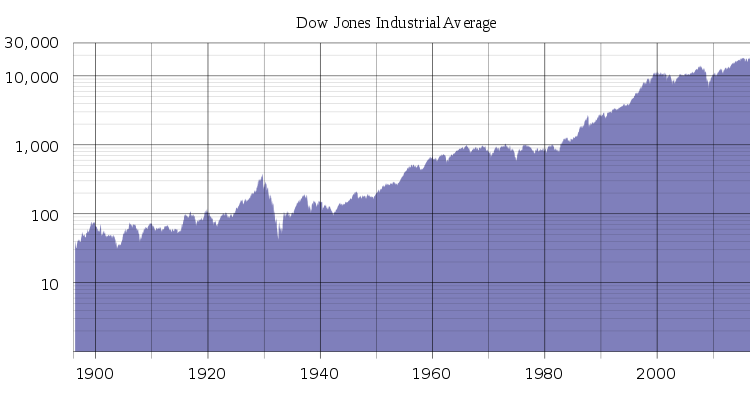Insights from the WSJ’s CEO Council Summit
- AI technology has fueled a stock-market boom and raised hopes of increased productivity
- Skepticism about AI’s ability to transform industries and its potential dangers
- AI can improve living standards but also be used for nefarious purposes
- Caution against over-regulation and the need for a principles-based approach
- Doubts about AI’s impact on worker productivity
- Hopes that AI will allow for shorter workweeks and improved employee well-being
Artificial intelligence (AI) has been a driving force behind the recent stock-market boom and has raised expectations of increased productivity. However, at the Wall Street Journal CEO Council Summit, skepticism was expressed about AI’s ability to truly transform industries and the potential dangers it poses. While some believe that AI will revolutionize various aspects of our lives, others caution against its nefarious uses, such as swaying elections. The need for online forums to verify users and prevent bot participation was emphasized. Additionally, there were differing opinions on regulation, with some arguing for a principles-based approach to encourage companies to address AI risks, while others warned against stifling innovation with excessive regulation. The impact of AI on worker productivity was also questioned, with doubts about whether recent productivity gains can be attributed to AI. On a positive note, there is hope that AI will enable shorter workweeks and improve employee well-being, leading to a more engaged workforce. Overall, the AI boom presents both promises and perils, and it is crucial to navigate this technology with caution and thoughtful consideration.
Factuality Level: 7
Factuality Justification: The article provides a balanced view of the potential pitfalls of the AI boom, including concerns about nefarious uses, skepticism about industry transformation, and doubts about AI’s impact on productivity. It presents different perspectives from various experts without sensationalism or bias. However, it could benefit from more in-depth analysis and concrete examples to support the arguments.
Noise Level: 3
Noise Justification: The article provides a balanced view on the potential pitfalls of the AI boom, discussing concerns about nefarious uses, over-regulation, and doubts about AI’s impact on productivity. It includes insights from various experts and offers a thoughtful analysis of the topic.
Financial Relevance: Yes
Financial Markets Impacted: The article does not provide specific information about financial markets or companies impacted.
Presence Of Extreme Event: No
Nature Of Extreme Event: No
Impact Rating Of The Extreme Event: No
Rating Justification: The article discusses the potential pitfalls and skepticism surrounding the use of artificial intelligence (AI) technology. While it does not mention any specific extreme events or financial impacts, it highlights concerns about the nefarious uses of AI and the need for online platforms to verify users. The article also mentions doubts about the impact of AI on worker productivity. Overall, the article pertains to financial topics but does not describe any extreme events or their impacts.
Public Companies: Pimco (N/A)
Private Companies: Cohere
Key People: Aidan Gomez (CEO of Cohere), John Cassidy (General Partner at Kindred Capital), Andrew Balls (Global Chief Investment Officer for Fixed Income at Pimco), Dale Whelehan (Chief Executive of 4 Day Week Global)
 www.wsj.com
www.wsj.com 





